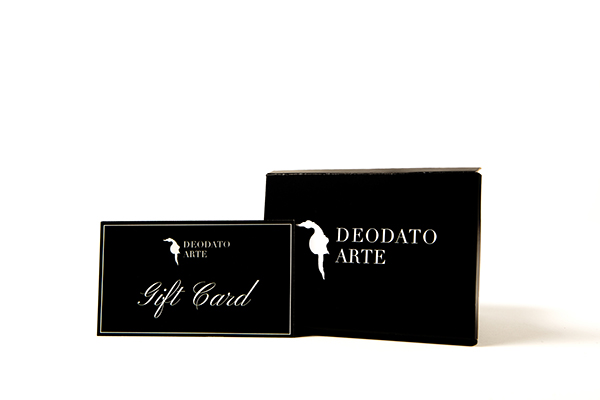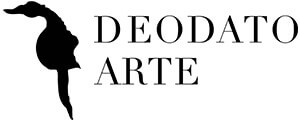
Germano Celant, one of the most authoritative voices of Italian and international art criticism, died today, at the age of 80. Art historian and curator, theorist of the Arte Povera movement, he contracted Covid-19 during a business trip to the United States. Born in Genoa in 1940, he is one of the most famous Italian critics and he had contributed, from 1960s and 1970s, to bringing Italian contemporary art back to the attention of the public and international critics.
In 1967 he coined the term Arte Povera, label under which a varied group of artists such as Alighiero Boetti, Luciano Fabro, Jannis Kounellis, Giulio Paolini, Pino Pascali, Emilio Prini, Mario Merz and Gilberto Zorio would be included. In contrast to consumerism and commodification of art, the movement had investigated the recovery of the relationship between man and nature, experimenting with poor and sometimes organic materials, marking a rebirth of sculpture that had found a raison d'être in the intrinsic value of the materials.
With more than 50 publications, he had curated exhibitions in prestigious institutions around the world. We remember the Guggenheim Museum in New York, for which he had become senior curator, the Centre Pompidou in Paris and Palazzo Grassi in Venice. In 1997 he was appointed director of the 47th Venice Biennale and, to crown his career, in 2015 he was appointed artistic director of the Fondazione Prada, curating important exhibitions in Milan and Venice.
With Celant one of the happiest periods for Italian contemporary art comes to an end, and we lose one of the most important reference points for the Italian and international art world.











 Register
Register Wishlist
Wishlist Contact Us
Contact Us
